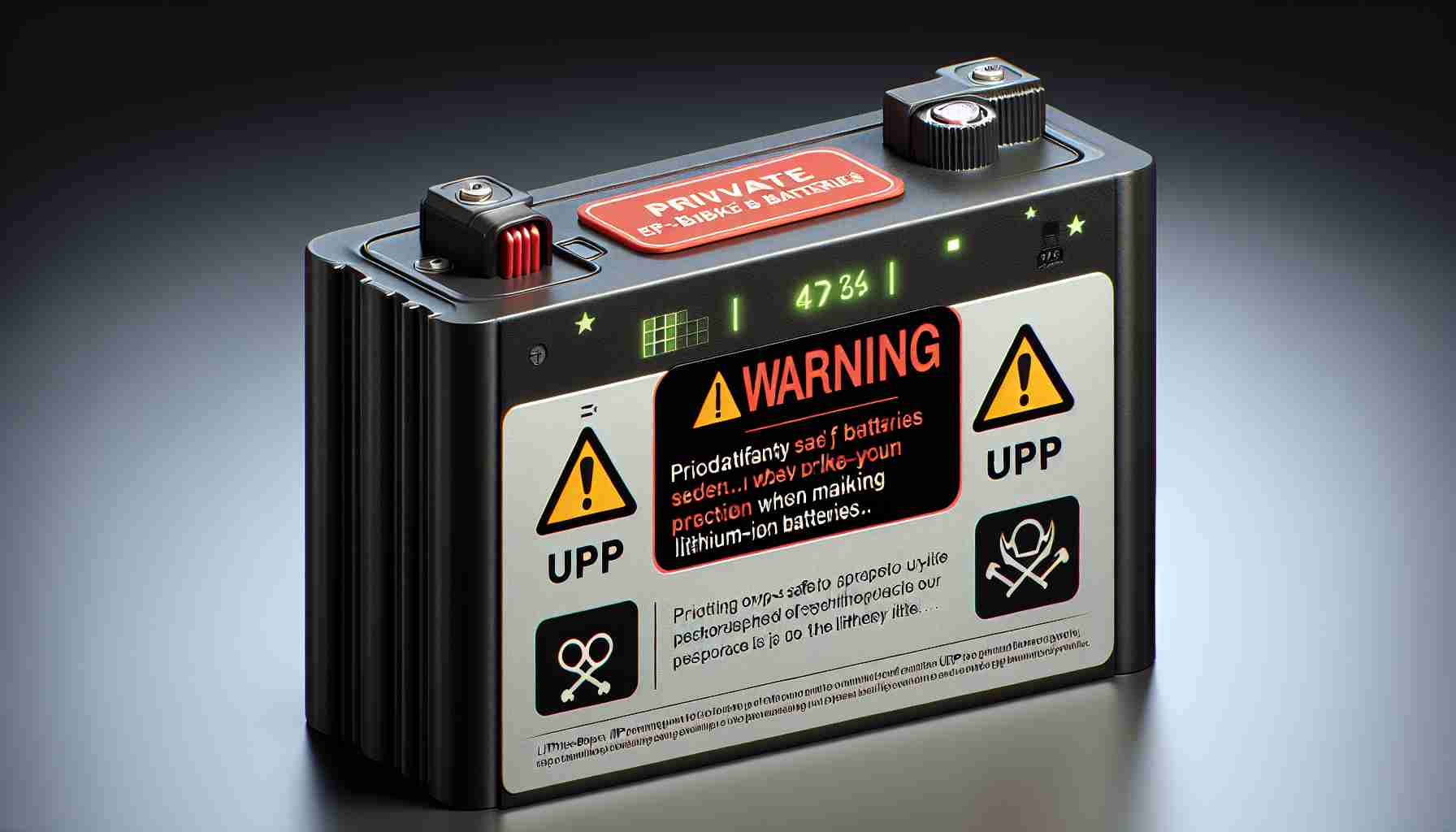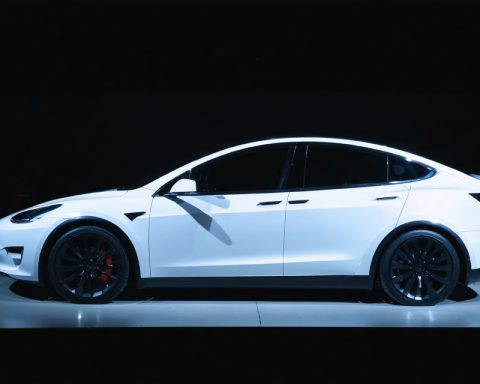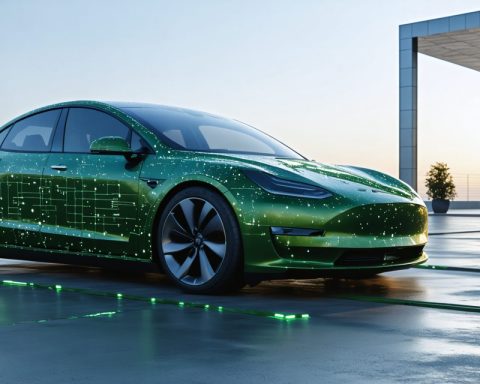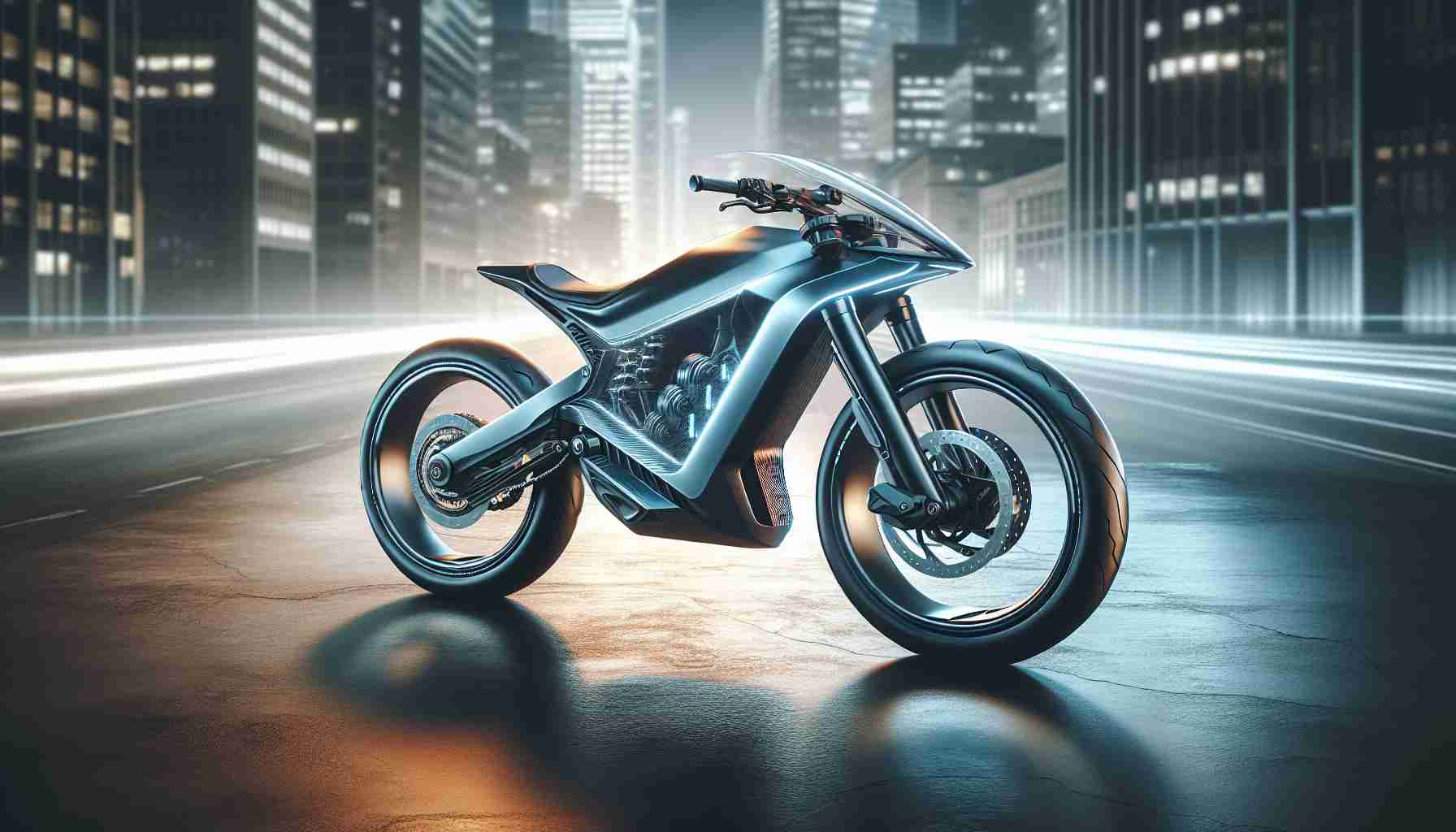The Consumer Product Safety Commission (CPSC) has recently issued an important warning regarding the potential hazards associated with Unit Pack Power (UPP) e-bike batteries. It has been discovered that these batteries, which contain lithium-ion cells, may pose fire or burn risks to users.
To ensure your safety, it is crucial to refrain from using UPP batteries, specifically models U004 and U004-1. The CPSC emphasizes their lack of certification by an accredited laboratory in accordance with the relevant Underwriters Laboratories (UL) safety standards. This means that the necessary safety measures and safeguards have not been implemented.
The UPP batteries in question were manufactured by Shenzhen Unit Pack Power Technology Co. Ltd., also referred to as Unit Pack Power or UPP. Alarming reports have revealed that the company has not conducted an acceptable recall despite the CPSC’s insistence. This negligence puts consumers at potential risk and emphasizes the importance of choosing products from reputable manufacturers committed to meeting safety standards.
Identifying these hazardous batteries is critical. They are easily recognizable due to their distinctive triangle shape and contain either the label “U004 BATTERY” or “UPPBATTERY” on the side. Additionally, the model number can be found on a separate label at the rear of the battery.
These UPP batteries were sold on a variety of platforms, including AliExpress, Amazon, eBay, and Walmart. They were available for purchase between 2018 and April 2024, with prices ranging from $280 to $730. It is essential for owners of these batteries to follow local and state regulations when disposing of them. The CPSC strongly advises replacing them with batteries that have been certified by accredited laboratories and explicitly meet safety standards.
When it comes to Lithium-ion batteries, it is crucial to prioritize safety and choose products from trusted manufacturers. By being vigilant and informed consumers, we can protect ourselves from potential risks associated with faulty batteries and ensure a safe and enjoyable experience while using e-bikes.
The e-bike industry has been experiencing rapid growth in recent years, with more and more consumers opting for electric-powered bicycles as a convenient and eco-friendly mode of transportation. According to market forecasts, the global e-bike market is expected to reach a value of $38.6 billion by 2025, growing at a compound annual growth rate (CAGR) of 6.1% during the forecast period. This increasing demand for e-bikes has also led to a rise in the production and sale of e-bike batteries.
However, with the recent warning issued by the Consumer Product Safety Commission (CPSC) regarding the potential hazards associated with Unit Pack Power (UPP) e-bike batteries, it is essential to address the issues related to the industry and the products being sold. The CPSC warning highlights the fire and burn risks that users may face when using UPP batteries, specifically models U004 and U004-1, which contain lithium-ion cells.
This warning signifies the need for stricter regulations and safety standards within the industry. The lack of certification by an accredited laboratory in accordance with the relevant Underwriters Laboratories (UL) safety standards is a significant concern, as it means that the necessary safety measures and safeguards have not been implemented. This issue raises questions about the manufacturing and quality control practices of companies operating in this industry.
The UPP batteries in question were manufactured by Shenzhen Unit Pack Power Technology Co. Ltd., a company that has not conducted an acceptable recall despite the CPSC’s insistence. This negligence not only puts consumers at potential risk but also raises doubts about the accountability and responsibility of manufacturers in the e-bike battery industry. It highlights the importance of choosing products from reputable manufacturers committed to meeting safety standards and conducting timely recalls when necessary.
Identifying these hazardous batteries is crucial in ensuring consumer safety. The distinctive triangle shape of the UPP batteries, along with the labels “U004 BATTERY” or “UPPBATTERY” on the side, can help users recognize these potentially risky products. Additionally, the model number can be found on a separate label at the rear of the battery, providing further information for identification purposes.
These UPP batteries were sold on various platforms, including AliExpress, Amazon, eBay, and Walmart. This indicates the widespread availability and distribution of these potentially hazardous products, raising concerns about the quality control and regulatory oversight within the e-commerce industry. Consumers need to be cautious when purchasing e-bike batteries online and ensure that they are purchasing products from reliable sellers.
In light of these safety concerns, it is crucial for owners of UPP batteries to follow local and state regulations when disposing of them. The CPSC strongly advises replacing these batteries with those that have been certified by accredited laboratories and explicitly meet safety standards. This emphasizes the importance of a rigorous certification process and the need for consumers to prioritize safety when choosing lithium-ion batteries for their e-bikes.
By staying informed and being vigilant consumers, we can protect ourselves from potential risks associated with faulty batteries and ensure a safe and enjoyable experience while using e-bikes. It is essential to rely on reputable manufacturers and make informed choices when purchasing e-bike batteries to mitigate the potential hazards and safety risks associated with substandard products.
For more information about the e-bike industry and related safety concerns, you can visit the official website of the CPSC: CPSC.












